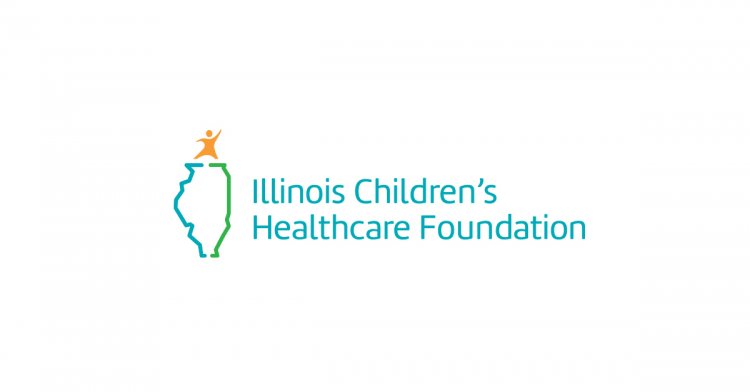Illinois Children’s Healthcare Foundation Releases Healthy Minds, Healthy Children, Healthy Chicago
Foundation shares report on project that integrated behavioral health into urban, pediatric settings.

Illinois Children’s Healthcare Foundation (ILCHF) released its final report today from its Healthy Minds, Healthy Children, Healthy Chicago (H3) project. H3 was a five-year grant program – funded by ILCHF – that integrated primary and mental healthcare in pediatric clinic settings.
H3 worked with both community mental health centers and federally qualified health centers (FQHCs) in Chicago. Its two lead grantees, Erie Family Health Centers (Erie), an FQHC, and Metropolitan Family Services (MFS), a community mental health provider, partnered, respectively, with Community Counseling Centers of Chicago (C4), a community mental health provider, and Mile Square Health Center (Mile Square), an FQHC.
These partners were provided resources to design and implement their own primary and mental health integrated care models; referred to in the report as H3 West (Erie and C4) and H3 South (MFS and Mile Square). Starting in 2013, ILCHF invested $2.2 million in H3 South and H3 West. During the five-year project, more than 14,000 children and their families, as well as many healthcare providers, were impacted by H3 and the integrated care models.
The integrated service system began with the implementation of a mental, social and emotional health screening followed by pediatrician follow-up and then provision of needed services or supports for identified children and their families.
“Through H3, we learned that that what families need is a chance to tell their pediatricians, either through a paper screen or a conversation, about the concerns they have related to children’s behavioral, social and emotional struggles,” said ILCHF President Heather Alderman. “If we ask, we can find these problems early, intervene quickly and briefly and children move back to more typical development. That’s the beauty of integrating mental healthcare into pediatric practices.”
ILCHF Senior Program Officer Amy Starin elaborated on this: “This was achieved with flexible grant funding. Unfortunately, the bureaucratic barriers involved with public funding sources makes this difficult or impossible to sustain. We have to do better in making policies that allow providers to meet the needs of Illinois’ children and families.”















































